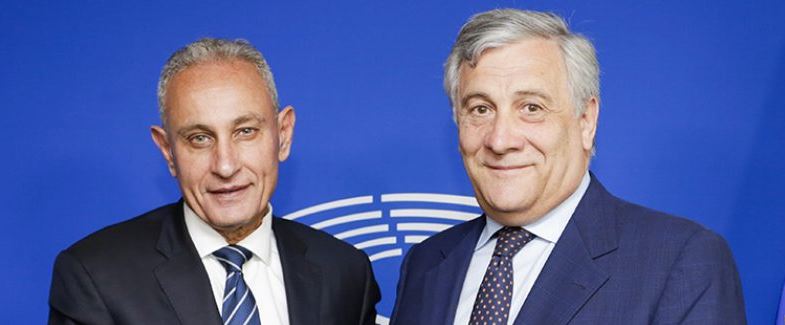Lebanon: Statement on One year from the Staff-Level Agreement with the IMF

This month marks one year since Lebanon reached a Staff-Level Agreement (SLA) with the International Monetary Fund (IMF).
The SLA promised over $3 billion in assistance to support Lebanon’s economic recovery. The government pledged to quickly implement a comprehensive package of structural reforms (“prior actions”) in order to reach a formal agreement with the IMF.
Such agreement would lay the foundations for a full set of reforms necessary to restore financial stability, fight corruption, install a sustainable path for public finances, regain the confidence of investors through enhanced transparency and accountability and rebuild the economy.
It is disappointing that Lebanon’s political actors have made only limited progress in implementing these prior actions. When the SLA was finalized on April 7th, 2022, Lebanese authorities recognised “the urgent need to initiate a multi-pronged reform program.”[1] But an absence of political will has hindered progress. While some conditions have been met, the bank secrecy law proved insufficient, no progress has been made with respect to allocating financial sector losses, and authorities must work to audit Lebanon’s major banks and unify Lebanon’s exchange rates.
The urgency could not be more obvious. The country faces one of the worst economic crises in modern history. People in Lebanon are suffering. Inflation has reached 186%. Central Bank external reserves continue shrinking.We call on all Lebanese leaders to rediscover the sense of responsibility and urgency they recognised last April. The interests of the people and the nation must take precedence over political interests. The IMF itself has said that, if reforms are not implemented rapidly, Lebanon will be trapped in a never-ending crisis. With or without an IMF programme, decisive structural reforms are necessary to enable Lebanon’s recovery.
[…]



























 Syria
Syria 



